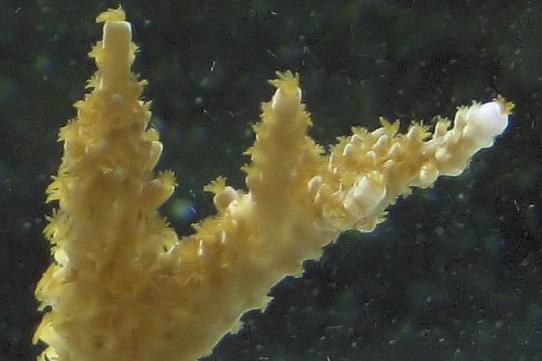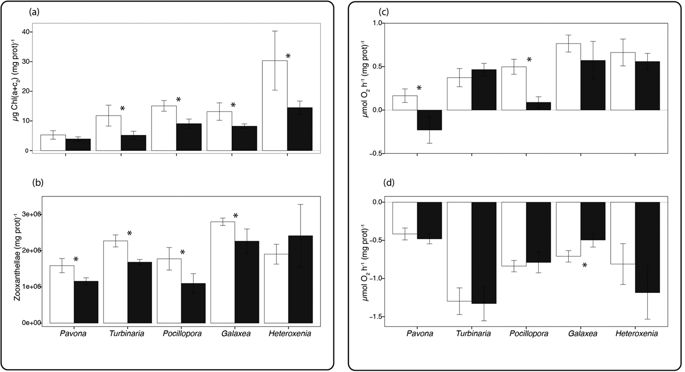- Joined
- Feb 18, 2020
- Messages
- 148
- Reaction score
- 417
Honestly I’m a strong believer if your tank looks good let it ride regardless of the numbers. If you chase numbers you can find yourself dosing this and that to meet the “recommended levels” and run into other problems. I test once a week and yes sometimes I find things out of the relative norm. But if things look good I leave it alone and stick to my normal water change maintenance
I agree. But so many people seem obsessed with their numbers I'm just wondering if they enjoy that aspect or if it's more out of fear?























